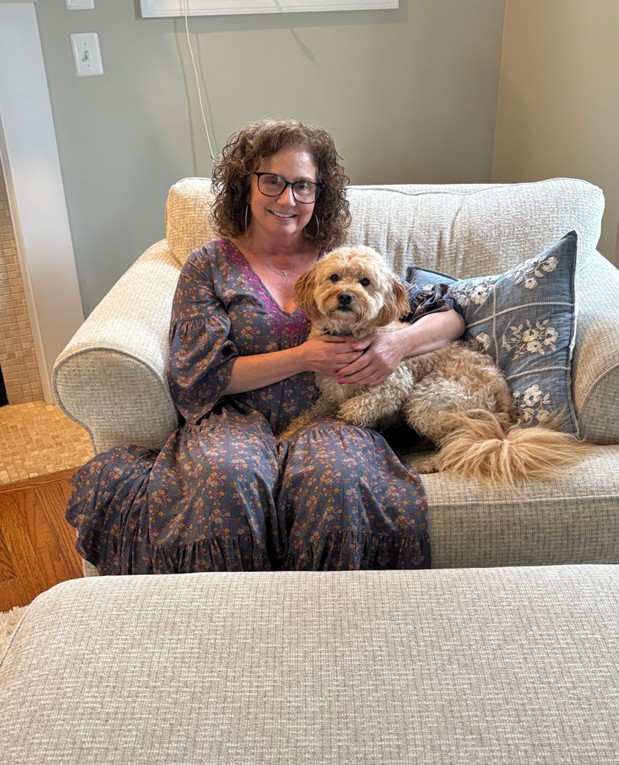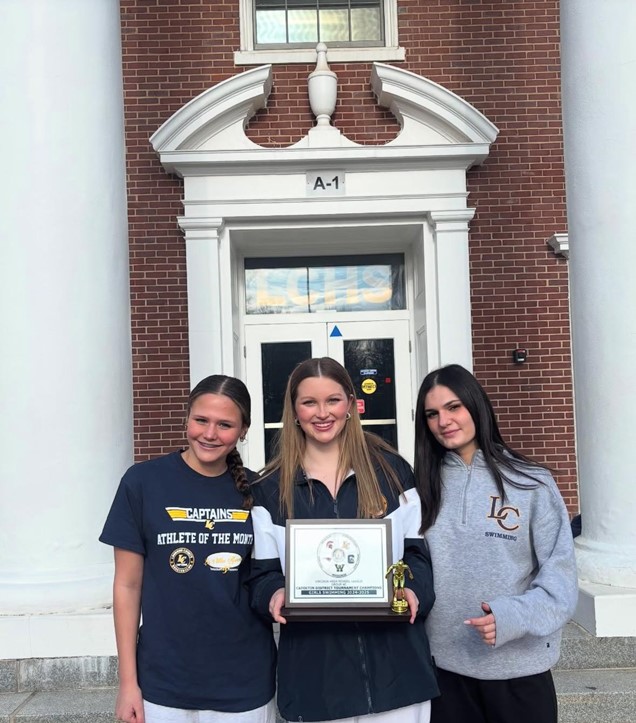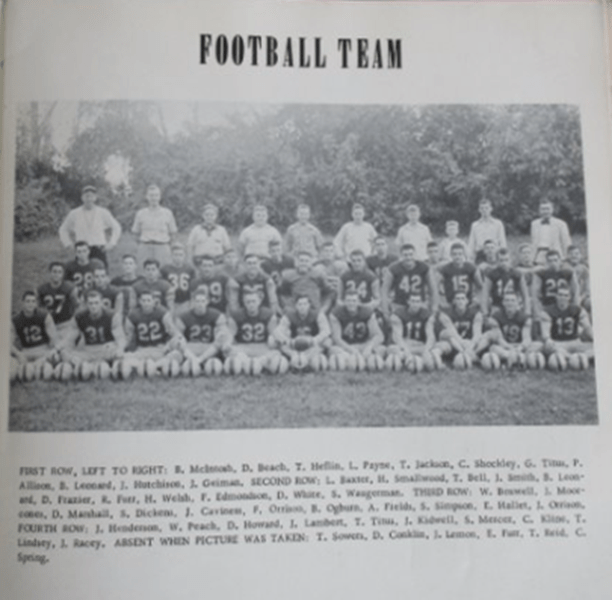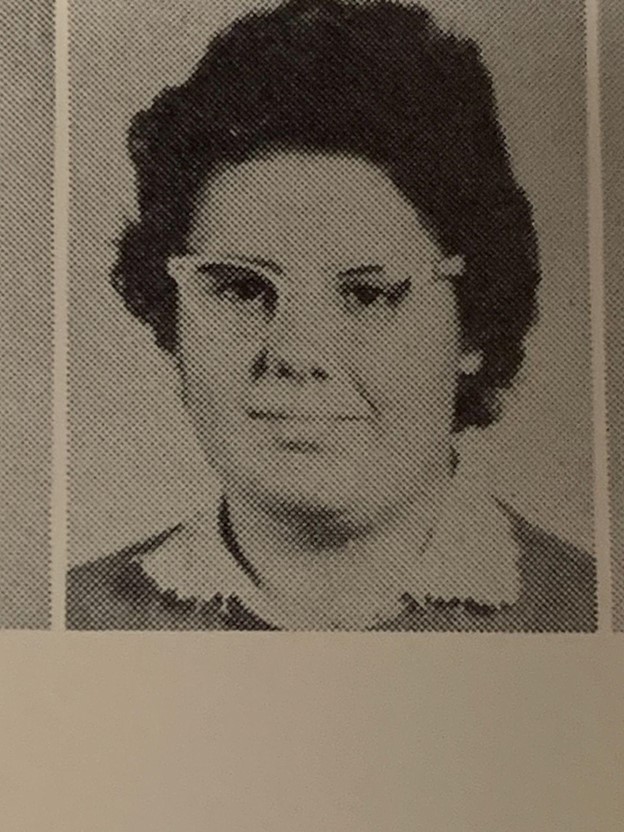The new Netflix series Griselda Blanco has fallen into the harmful stereotypes of criminal activities such as drug trafficking, the show is based on the drug lord and murderer Griselda Blanco Restrepo, also known as the Colombian “godmother of cocaine” or the “black widow.”
On January 25, the Netflix series follows Blanco (Sofia Vergara) fleeing from Medellin, Columbia to Miami, Florida with false identification papers after murdering her abusive husband. Once in Miami, she breaks the gender barriers by entering the cocaine trade.
Throughout the show, we can see harmful stereotypes within Blanco and the drug dealers introduced (minor characters.) One of the major stereotypes is shown through Blanco herself, a Latina woman who enters the US with false identification papers with the intention of selling drugs for a living. Entering the US with false identification papers is oftentimes an unfortunate situation for many Latino immigrants who immigrate to the US with the intention of having better opportunities.
According to the Pew Research Center, nearly 20 million Latino immigrants lived in the US in 2021, and around 7,410,000 have been undocumented or have had false identification papers. The majority of these immigrants flee Latin America with the expectations of a better life, escaping gang violence, economic hardships, and social injustices.
“The border is wide open for cartels & terrorists. Secure our border now. Build a massive wall and deduct the costs from Mexican foreign aid!” former president Donald Trump stated in a Twitter tweet on March 30, 2015.
Similar to the show, Trump proceeded to portray Latino immigrants in a negative light by stereotyping them as “cartels” and “terrorists.” Other shows like “Narcos (México)” and “On My Block” fall into the same harmful stereotypes portraying Latino characters as uneducated criminals such as drug traffickers, gangsters, and cartels.
Producers and directors profit off the harmful stereotypes of Latino immigrants, making millions, and not realizing the harm it does to the Latino community. According to the Juilliard School, many producers and directors seem to think actors of ethnicity are only believable and marketable when playing roles that help perpetuate stereotypes promoting public hostility towards specific ethnic groups and lowering ethnic minority individuals’ self-esteem.
What can we do to stop the stereotypes? We can’t get in contact with big producers and directors; however, we can stop supporting films and plays that contain harmful stereotypes, we can educate those who are uneducated about stereotypes, and we can stop attaching harmful unnecessary race qualifications in character descriptions.



















